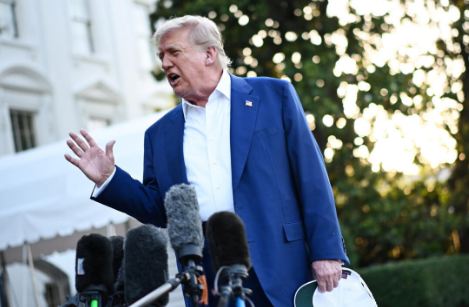The recent truce between Israel and Iran, brokered by President Donald Trump, has brought temporary relief to a region on the brink of a devastating conflict. However, accusations of violations from both sides have emerged almost immediately after the ceasefire announcement, casting doubts on its sustainability. While the truce is undoubtedly in the interest of both nations and regional stability, its longevity remains uncertain given the deep-seated hostilities and mutual distrust.
The ceasefire came after a dangerous escalation, with Iran launching a direct attack on Israel and Israel retaliating with strikes on Iranian soil. Both nations claimed victory, but the reality appears more complex. Israel’s targeted strikes on Iranian nuclear sites were downplayed by US media reports, which suggested the facilities were inactive and suffered minimal damage. President Trump dismissed these reports as “fake news,” while Iran itself admitted that its nuclear sites were not completely destroyed, implying that work could resume within months.
This raises questions: Was Israel’s retaliation merely a face-saving move after feeling the heat of Iran’s attacks? Did both sides realize that further escalation would lead to unbearable losses, pushing them toward a truce despite their public posturing? Whatever the truth, the cessation of hostilities is a welcome development—but maintaining it will require more than just temporary restraint.
President Trump played a crucial role in de-escalating tensions, but his administration must now push for a more comprehensive peace effort, particularly in Gaza. Israel’s ongoing military operations have resulted in the deaths of countless innocent Palestinians, further fueling regional anger. If the US is serious about stability, it cannot ignore the Gaza crisis while focusing solely on Israel-Iran tensions.
A sustainable peace requires addressing the root causes of conflict—including Palestinian rights, Iran’s nuclear ambitions, and Israel’s security concerns. The Biden administration, if it returns to power, or a continued Trump presidency must ensure that this truce is not just a pause but a step toward lasting dialogue.
Despite claims of minimal damage, Iran’s nuclear program remains a significant concern. If Tehran can reactivate its facilities within months, the world may soon face the same crisis again. The international community, particularly the US and European powers, must enforce stricter monitoring and push for a verifiable freeze on Iran’s nuclear activities.
At the same time, Washington should avoid provocative rhetoric that could derail diplomacy. Trump’s aggressive stance may have forced Iran to the negotiating table, but only sustained engagement—not threats—will ensure compliance.
The Israel-Iran ceasefire is a fragile but necessary reprieve. Both nations must avoid further violations, and the US must expand its diplomatic efforts to include Gaza and broader regional stability. Another war would be catastrophic—not just for the Middle East, but for global security.
For now, the guns have fallen silent. The challenge is to ensure they stay that way.

















